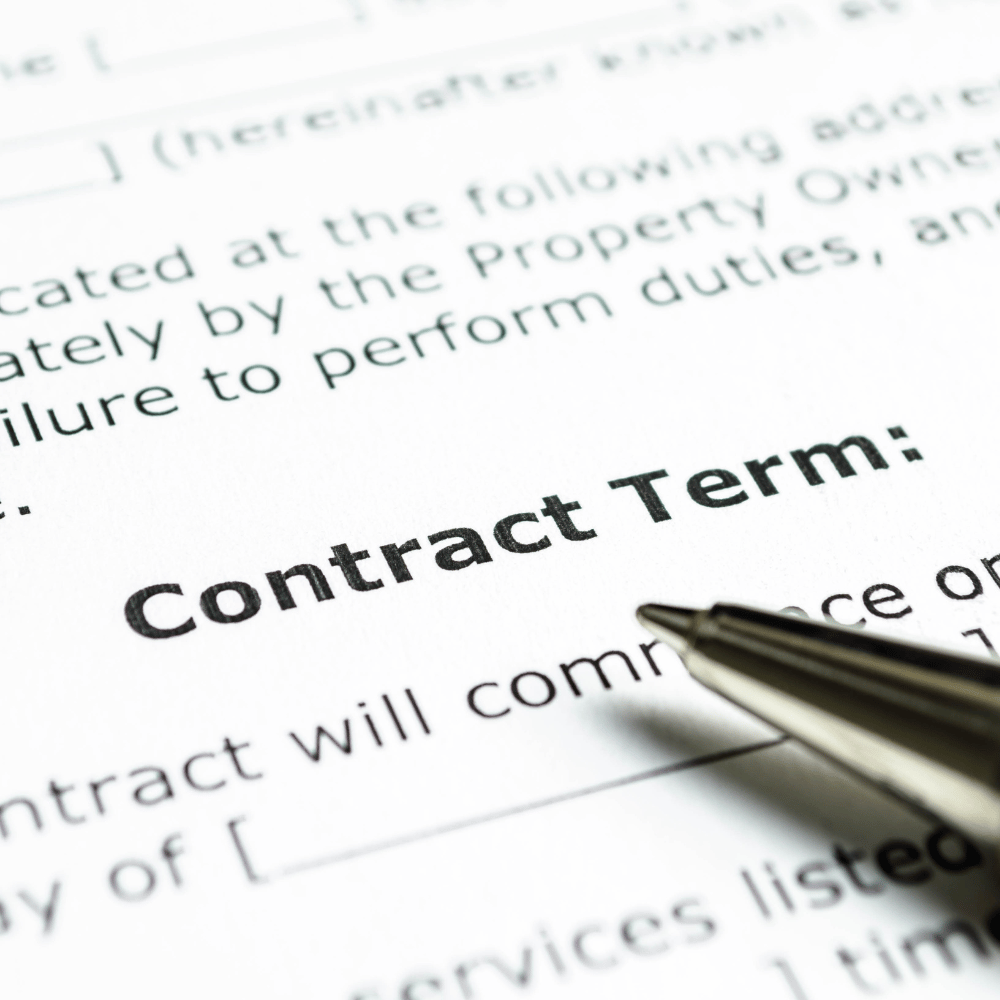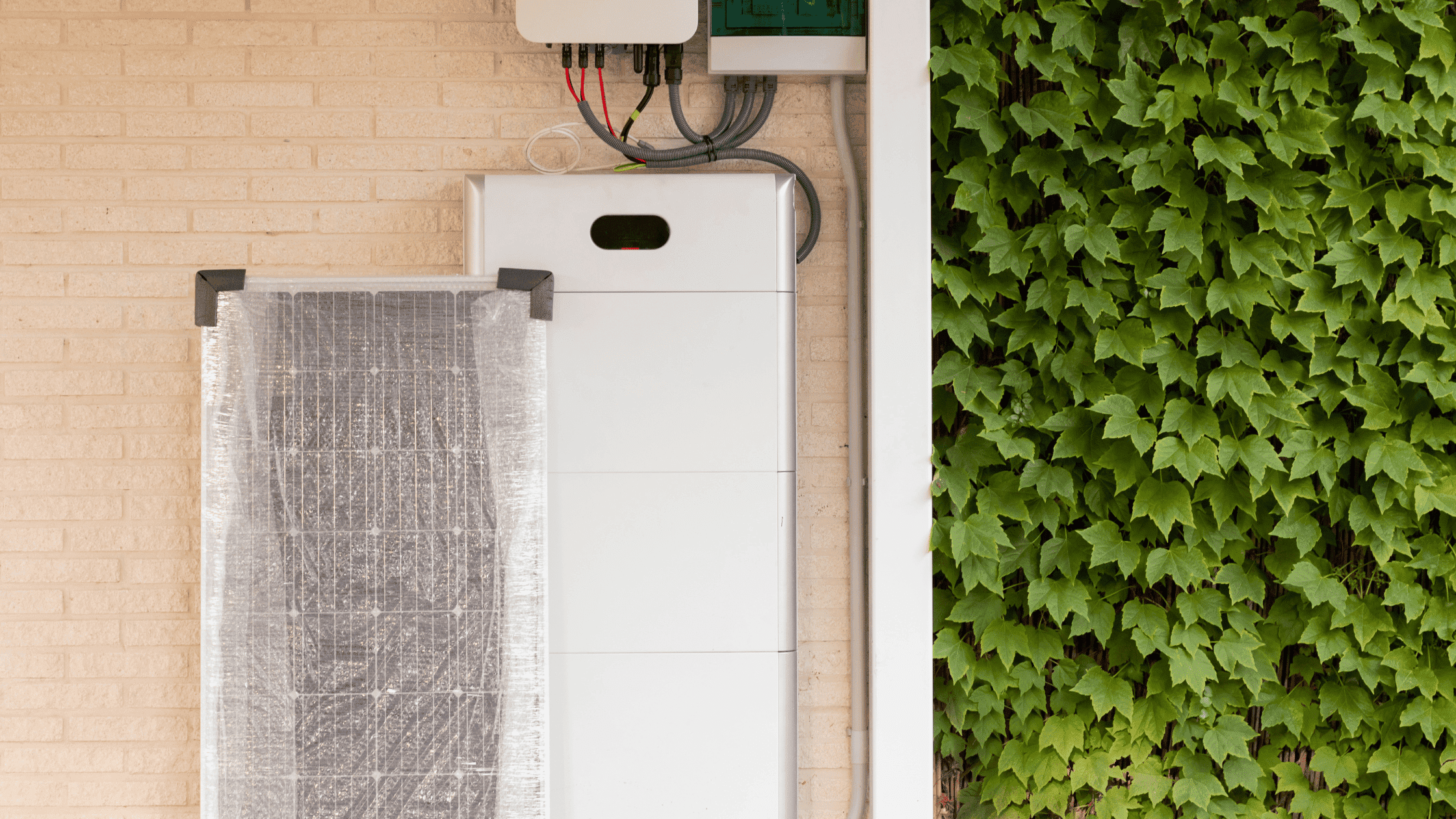Buying a House With Solar Panels: Don't get caught in the dark, your guide to buying a solar home
Buying a house is a stressful yet fun experience. It signifies a new chapter for you and your family. You might encounter a house with solar panels installed. But what should you consider before purchasing a home with solar panels?
When buying a house with solar panels, several things must be considered. We will provide you with all the details and additional points to consider.
Checklist for buying a house with solar panels (Download here)
Understand the Solar Panel System
Ownership: Determine if the solar panels are owned, leased, or under a Power Purchase Agreement (PPA).
Age and Condition: Check the panels' age and performance history. Understanding when the solar panels are installed is important, as it can help you better understand their energy production.
Production: Ask for historical energy production data to estimate potential savings.
Financial Implications
Mortgage Implications: Solar panels can positively impact your home's value, qualifying you for a larger mortgage. However, the impact depends on location, system size, and lender policies.
Tax Incentives: Federal, state, and local governments often offer tax credits, rebates, or property tax exemptions for solar systems. Some of these incentives are available to people who buy a home with existing solar panels.
Payback Period: This is the time it takes for the energy savings from the solar system to offset its initial cost. System size, efficiency, electricity rates, and incentives influence the payback period. This is important because you’ll understand the payback period of the solar panel system from the house you're buying. (See our checklist to know how to calculate payback period)
Long-Term Savings: Solar panels can provide substantial long-term savings on electricity bills. With increasing electricity costs, these savings can become even more significant over time. (See our checklist to know how to calculate annual savings)
Utility Rates: Understand your local utility's net metering policies and any additional fees.
Checklist for buying a house with solar panels (Download here)
Solar Panel System Performance
Panel Efficiency: It is important to check the solar panel efficiency when purchasing a home with solar panels. It directly impacts the system's performance and your potential energy savings. Higher efficiency panels generate more electricity, impacting system size and overall performance.
Production and Consumption: Checking production and consumption data provides a clear picture of the solar panel system's performance, financial impact, potential issues, and how well it will align with your future energy needs.
Checklist for buying a house with solar panels (Download here)
Inverter Technology: The inverter converts the direct current (DC) power from the panels to alternating current (AC) power for household use. Newer inverter technologies offer higher efficiency and advanced features.
System Size: The size of the system, measured in kilowatts (kW), directly determines the amount of electricity it can generate. A more extensive system will produce more energy, potentially offsetting a higher percentage of your electricity consumption.
Maintenance: Proper maintenance checks for any signs of damage, such as cracks or hotspots, that could pose safety risks. Reviewing the maintenance history can give you a clear picture of the system's condition.
Legal and Contractual Issues
Contact the Solar Contractor: Some solar contractors have gone out of business. So, one thing to check is the solar contractor to see if they are still in business. If they are no longer in business, you can contact solar contractors who can inspect and maintain your solar panels.
Check the contract: It is important to thoroughly check the contract for the solar panels to see all the details and a copy of the permit.
Transferring Ownership: If you're buying a home with a leased solar system, you'll need to assume the lease terms. This might involve credit checks and transfer fees. For owned systems, the transfer is usually straightforward.
-
Simplest Transfer: The solar panels are considered real property and transferred with the house during the sale.
Documentation: Ensure all paperwork, including warranties, permits, and interconnection agreements, is transferred to the new owner.
Benefits:
The new owner enjoys full ownership benefits, including potential tax credits and energy savings.
-
Lease Transfer: The lease agreement needs to be transferred to the new homeowner. This typically involves a credit check and lease approval.
Potential Costs: The new owner assumes the monthly lease payments.
Considerations:
Review the lease terms carefully, including monthly payments, escalation clauses, and early termination fees.
-
Loan Assumption: The new homeowner can assume the existing solar loan, subject to lender approval.
Refinancing: The new owner may refinance the loan under their name.
Considerations: Evaluate interest rates and loan terms to determine the best option.
Warranty Details: Solar panels and inverters have warranties covering defects and performance. Understanding the warranty terms is crucial for long-term peace of mind.
Utility Company: Notify the utility company of the ownership change to ensure uninterrupted service.
Local Considerations
Net Metering Policies: This policy determines how your utility compensates you for excess solar energy fed into the grid. Favorable net metering policies can maximize savings.
Solar Incentives: Check for available state and local incentives, such as rebates, tax breaks, or financing options.
Climate Suitability: Solar panels perform best in sunny climates. When evaluating system potential, consider your region's solar radiation levels.
Potential Challenges
Transferring Contracts: If the system is leased or under a PPA, transferring the contract might involve fees or credit checks.
System Performance: While solar panels are durable, they can degrade over time—factor in potential maintenance costs.
Roof Condition: Ensure the roof is still in good condition and free of leaks or damage to prevent future issues.
Tips for Homebuyers
Consult with Professionals: Seek advice from a solar expert and a real estate agent experienced in solar properties.
Thorough Inspection: Include a solar system inspection in your home inspection.
Negotiate Price: Consider the solar system's value when making an offer.
Purchasing a home with solar panels is a major investment that provides many advantages, such as significant energy savings and a reduced environmental impact. However, making an informed decision by carefully considering several factors is important. Understanding the details of the solar panel system, evaluating its performance and financial implications, and predicting potential future costs are essential steps to make a confident choice. Keep in mind that while solar panels are a valuable asset, it's crucial to weigh their benefits against the overall property value and your long-term energy needs. With thorough research and careful consideration, you can fully take advantage of your solar-powered home.










